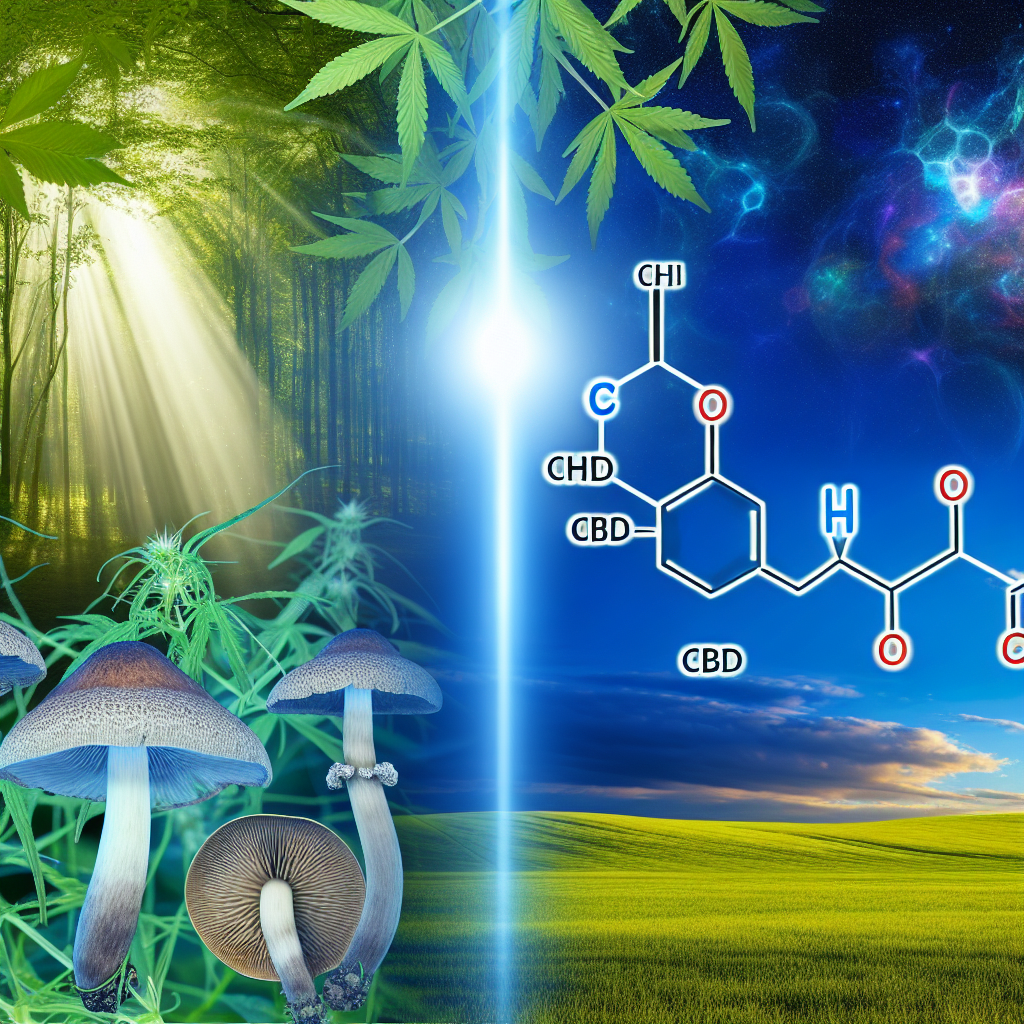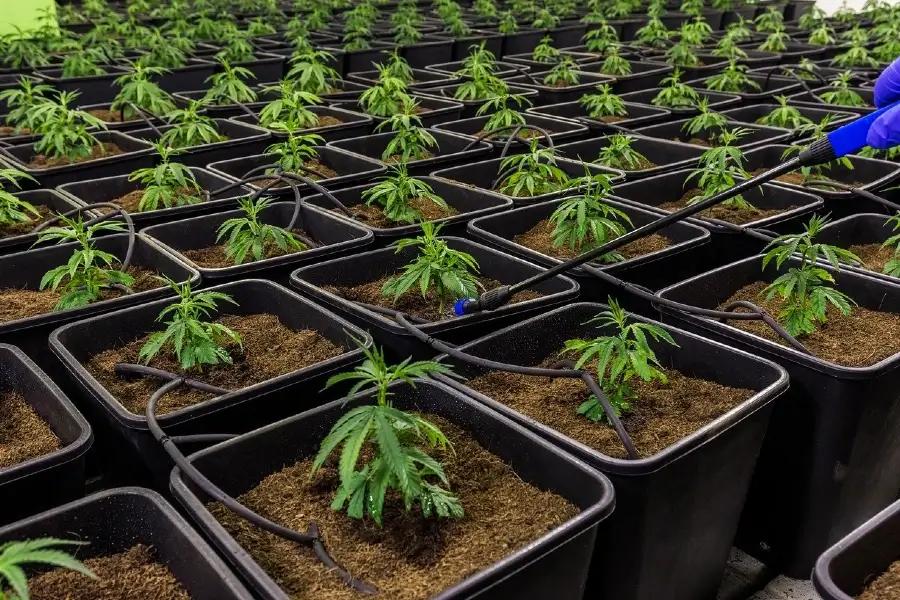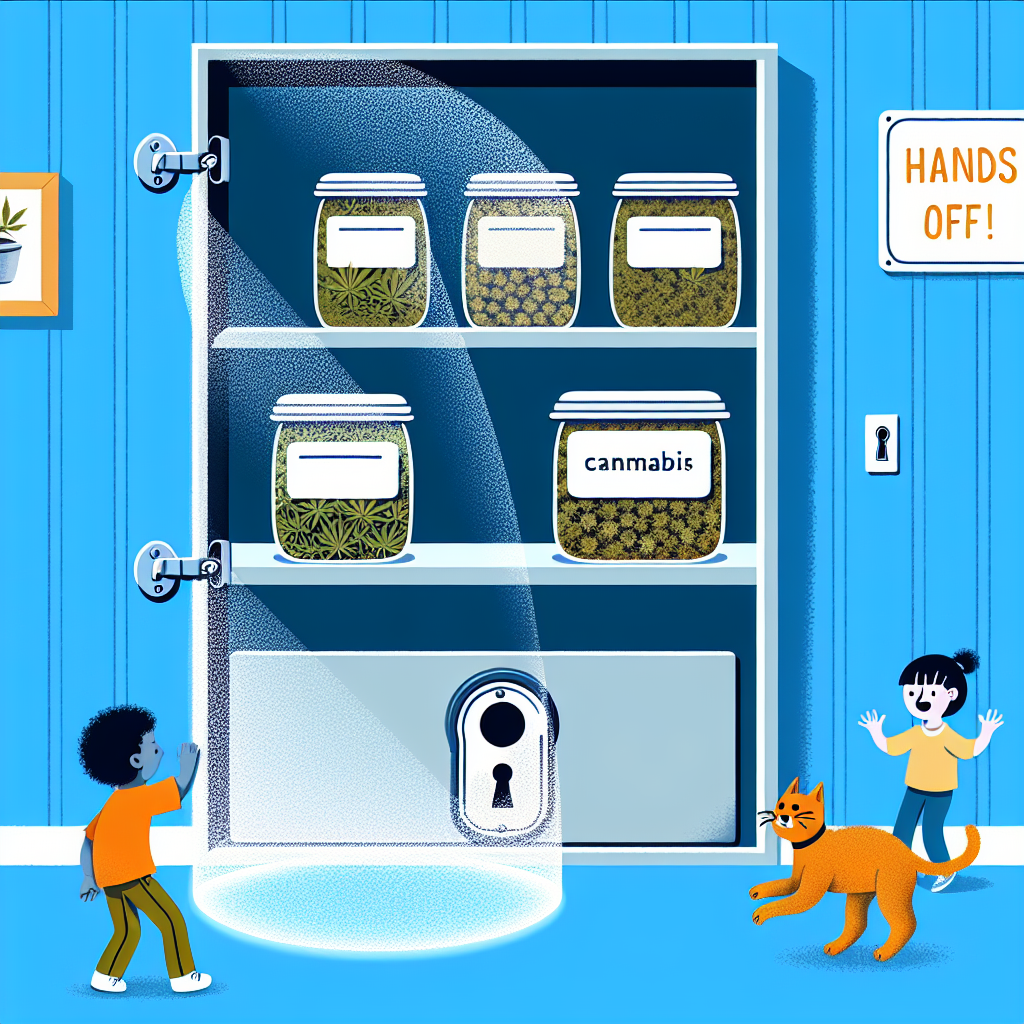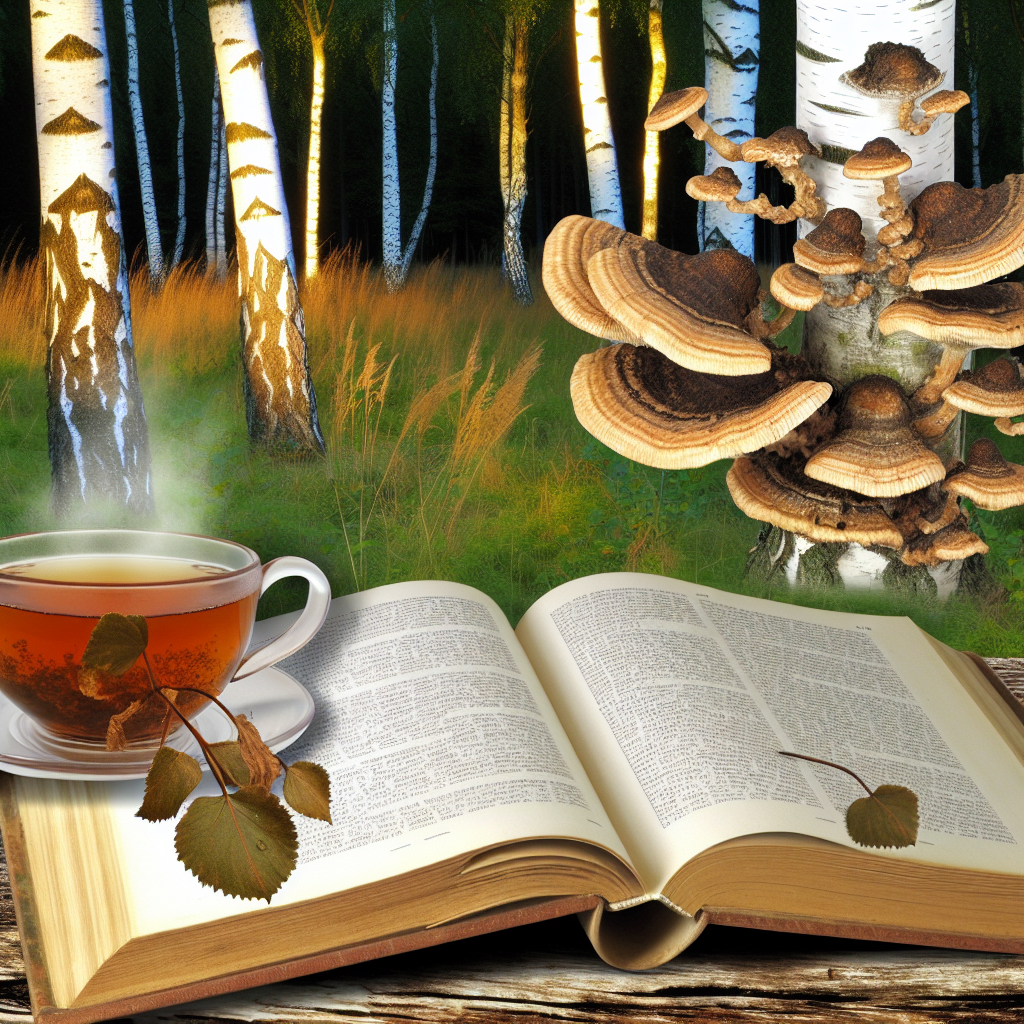Cannabinoid-Mushroom Synergies: Combining Psilocybin and CBD for Treatment-Resistant Depression
Introduction
In the ever-evolving world of plant-based medicine, the intersection between cannabinoids and psychedelics represents a promising frontier with profound implications. As global mental health statistics continue to climb, treatment-resistant depression (TRD) remains one of the most challenging issues in modern psychiatry. Standard medications often fall short, leaving individuals in chronic psychological distress. This has spurred interest in more holistic, plant-based approaches.
The combination of psilocybin, the psychoactive ingredient in psychedelic mushrooms, and cannabidiol (CBD), the non-intoxicating compound found in cannabis, is now gaining traction for its potential synergistic effects. Psilocybin has demonstrated its ability to induce neuroplasticity and long-lasting positive emotional shifts following just one or two guided sessions. CBD complements this by offering anxiolytic and anti-inflammatory properties that may soothe anxiety and reduce adverse experiences during psychedelic therapy.
Understanding how these compounds might work in tandem begins with their mechanisms of action. Psilocybin interacts primarily with serotonin 5-HT2A receptors, facilitating altered states of consciousness and enabling the brain to re-wire itself, particularly by reducing activity in the default mode network (DMN), which is often overactive in those experiencing depression. CBD, in contrast, modulates the endocannabinoid system, especially CB1 and CB2 receptors, helping regulate emotional balance, reduce inflammation, and support neuroprotection.
Emerging theories suggest that CBD may reduce the risk of anxiety or paranoia commonly reported during psychedelic trips, allowing for a steadier and more grounded experience. This stabilizing influence could help individuals better integrate the emotional and cognitive insights that arise during psilocybin sessions. For patients with TRD, the combination could holistically address both the neurochemical roots and the emotional turbulence that define the condition.
As science and policy begin to embrace the therapeutic potential of these compounds, forward-thinking clinicians and wellness advocates are exploring how this cannabinoid-mushroom synergy could reshape mental healthcare.
Features and Current Research
Preliminary studies on the combined therapeutic use of psilocybin and CBD are unlocking intriguing possibilities for individuals diagnosed with treatment-resistant depression. Each compound has individually shown effectiveness in alleviating depressive symptoms. Coffee the two could introduce a new paradigm in integrative mental health treatment.
A landmark study by Johns Hopkins University in 2020 found that psilocybin significantly relieved major depressive disorder symptoms—even for those previously considered treatment-resistant. Conducted under controlled, therapeutic supervision, participants experienced substantial mood improvements following just two high-dose sessions. The results sustained over several months, highlighting psilocybin’s capacity for deep transformation.
Parallel to this, a 2019 review in the journal CNS Drugs outlined the effects of CBD on anxiety and depressive behavior models. CBD’s influence on serotonin 5-HT1A receptors and the hypothalamic-pituitary-adrenal (HPA) axis is believed to balance emotional responses and exert a calming effect, without the addictive potential or side effects of conventional medications.
Researchers at Maastricht University explored the use of CBD in conjunction with low-dose psychedelics for harm reduction. Though not directly targeting depression, the study revealed that CBD helped blunt the intensity of negative psychological effects that sometimes accompany psychedelic use. This made the overall experience smoother and more introspective, supporting ideas that CBD could serve as both a preparatory and integration tool in psychedelic-assisted therapy.
Additionally, the anti-inflammatory effects of CBD may reinforce psilocybin’s contributions to brain health. Chronic inflammation has been implicated in mood-related disorders, particularly depression. A study conducted by the University of São Paulo found that CBD reduced microglial cell activation—key agents of neuroinflammation—in stress-induced rodent models. Lowered inflammation may aid in maintaining healthy neural pathways and provide protection against future depressive relapses.
In practice, CBD could be administered before and after psilocybin therapy to minimize anxiety and support emotional processing. Private sector efforts are now moving the field forward. Biotech companies like MindMed and Entheon Biomedical are beginning to research and develop multisubstance therapy protocols focused on microdosing and substance integration for mental health conditions, particularly TRD.
Conclusion
The convergence of plant-based therapeutics like CBD and psilocybin points toward a groundbreaking frontier in the treatment of treatment-resistant depression. While clinical trials are still in early phases, both theoretical frameworks and early empirical findings suggest complementary benefits in combining these compounds. Psilocybin’s capacity to catalyze profound emotional and neurological change, paired with CBD’s emotionally grounding and anti-inflammatory effects, creates an opportunity for a more holistic treatment protocol. With continued research, professional guidance, and patient-centered practices, this synergy may redefine psychiatric care for those whom traditional methods have failed.
Concise Summary
The integration of psilocybin and CBD is emerging as a promising approach for treating treatment-resistant depression. Psilocybin enhances neuroplasticity and shifts cognitive patterns, while CBD provides emotional balance, reduces anxiety, and combats inflammation. Research from institutions like Johns Hopkins and Maastricht University suggests a synergistic effect that alleviates depressive symptoms while minimizing adverse experiences. While conclusive clinical trials are still forthcoming, early data supports a multidimensional therapy model involving cannabinoids and psychedelics for individuals unresponsive to traditional antidepressants.
References
– Johns Hopkins Medicine: Psychedelic Treatment with Psilocybin Relieves Major Depression
– CNS Drugs: Cannabidiol as a Potential Treatment for Anxiety Disorders
– Maastricht University: Combining Psychedelics with CBD to Enhance Experience
– PubMed: Cannabidiol-Induced Neuroprotection in Models of Depression




